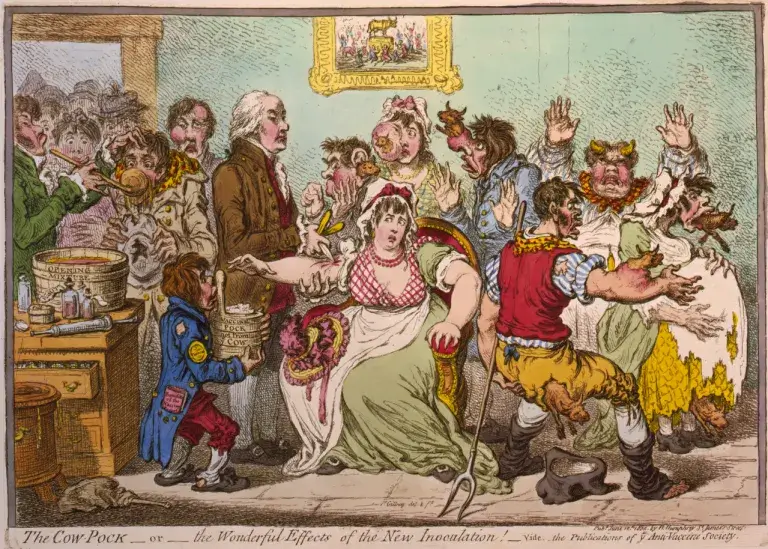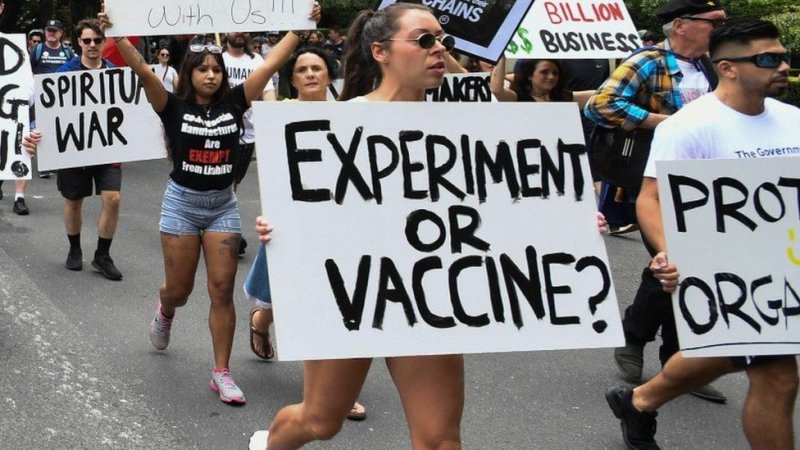As repetitive as I have been with respect to this, there is nothing new under the sun when it comes to antivaccine myths, misinformation, and disinformation, and that applies to COVID-19 vaccines.
If public health officials and messengers had paid more attention to the tactics and tropes of the antivaccine movement, including its central conspiracy theory, maybe they would have been more prepared for the onslaught of antivaccine misinformation that was unleashed as the mRNA COVID-19 vaccines were undergoing clinical trials and when they were finally initially approved under an emergency use authorization (EUA) near the end of 2020.
They didn’t, and here we are, which is why, having seen it before multiple times last year, In addition to various claims of how “toxic” the SARS-CoV-2 spike protein that vaccines induce cells to make as an antigen are, I’m faced with the return of the revenge of the antivaccine lie that mRNA-based COVID-19 vaccines “permanently alter your DNA” (they don’t, nor do they “hack the software of life“, nor are they really “gene therapy“) this time from Jessica Rose, who is affiliated with James Lyons-Weiler‘s antivaccine “institute” with the humble name of Institute for Pure and Applied Knowledge (IPAK).
The claim that vaccines somehow changes your DNA actually dates back to before scientists even understood DNA as the basis of heredity, as illustrated, for example, by this famous “Cow-Pock” cartoon from 1802 by satirist James Gillray about smallpox vaccine.

…
As I like to say, in antivaxland, everything old is new again in the age of COVID-19. However, as the pandemic grinds on, entering its third year, even everything old that was new again when COVID-19 struck is becoming old.































